The news from Central Europe seems to be uniformly bad: democracy threatened, rule of law subverted, historical revisionism triumphant. It all carries a nasty 1930s flavor. To Western readers, moreover, most of that news seems to come from Budapest and Warsaw. We don’t hear much from such places as Bratislava, Bucharest or Ljubljana—and no news is good news, right? Look again.
Even if that perception were true, it still would be worrying, for Poland and Hungary were in the forefront of the democratic struggle against communism. Both rose against Stalinism in 1956, had a strong democratic opposition by the late 1970s and spearheaded the negotiated transition from communism in 1989. Evidence that they’re backsliding today would mean that the threat to other ex-communist countries, where democratic movements were weak or absent before 1989, is greater still. Even a cursory look at their politics confirms that suspicion.
Populists are in power in multiple capitals of states admitted to the European Union (EU) after communism. In Slovenia, Janez Jansa’s anti-immigrant party won the June elections by increasing its vote to 25 percent but was unable to form a government. In Bulgaria, the prime minister is Boyko Borissov, an athlete and karate coach. Romania’s ruling party is led by Liviu Dragnea, who cannot become prime minister because of a corruption conviction. He has appointed a stand-in, Viorica Dancila, instead.
The Berlin-based anti-corruption NGO Transparency International produces a useful index of what it calls “corruption perception.” A high score indicates not only that the rule of law is not working properly, but also that the government is unable or unwilling to fix it and that media are intimidated or powerless in exposing the rot. Poland ranks 36th of 180 nations, right between Botswana and the Seychelles but ahead of Spain; that’s the good news. The rest of Central Europe fares worse, with Bulgaria a dismal 71st. Non-EU states are worse: Albania rates 91st.
Events in regional EU capitals show reasons to worry. Investigative journalist Jan Kuciak was shot execution-style in Velka Maca, Slovakia, last February together with his girlfriend. The hit, which eventually led to the resignation of Slovakia’s prime minister Robert Fico, was commissioned by the mafia, which, Kuciak’s work had shown, has political protection. In Romania, the ruling party, mired in sleaze, has rammed through a law reducing penalties for corruption, overriding the president’s objections. And a Pew Research Center report this March showed that in some countries roughly one in five citizens do not accept Jews as fellow citizens (Lithuania 23 percent, Romania 22 percent, the Czech Republic 19 percent, Poland 18 percent).
Looking at such developments, many in Brussels conclude that Bulgaria, Romania and Croatia, the newest EU members, should not have been allowed to join before fixing their problems with corruption and rule of law—and that the entire Central European enlargement might have been a mistake. Financial Times editor Wolfgang Munchau has called it a “catastrophic error.”
Yet such comments do not address the huge political and economic cost a hypothetical non-enlargement would have entailed. More important, citizens are not taking authoritarianism and corruption sitting down: Protest demonstrations, several hundred thousand strong, have taken place in Warsaw, Budapest, Bratislava and Bucharest, hindering further deterioration. In Kiev, during the overthrow of the Russian stooge Yanukovych in 2014, people actually died in defense of the EU flag. Would anybody do that in Brussels? Hardly—and not only because Belgium is paralyzed by a structural, if nonviolent, ethnic conflict between Walloons and Flemish that would make any Balkan nationalist proud.
It is true that as things stand today, Poland and Hungary would not have been admitted into the EU for reasons of authoritarianism (Brussels is suing Poland in the European Court for breach of EU values). But the problem is not confined to those nations. The EU itself has been shaken to the core by a political crisis that has nothing to do with Central Europe but is a consequence of mass migration and the ensuing changes in the continent’s ethnic makeup. Those developments have brought unsavory parties to power not only in new member states but also in founding members such as Italy. In Austria, the same party whose rise in 2000 made the EU boycott the country is in power again there, unchanged. (Brussels hasn’t even symbolically wagged a finger this time; goalposts have apparently shifted.) Member states have shown a striking lack of solidarity in responding to these developments; Central European states have shamefully contributed to this failure, but they did not create it.
And the Jews in all of this? They are attacked, as European tradition has it, by the right for nationalist reasons and by the left for “progressive” ones. The Simon Wiesenthal Center sent a letter to Croatia’s President Kolinda Grabar-Kitarovic this year condemning her for fueling Holocaust revisionism and whitewashing the war crimes of the wartime Ustasha regime. Israel’s Diaspora Ministry, using a system that monitors social media, says Bucharest ranks third among world cities in the number of anti-Semitic messages posted on social media. Yet Israeli government reaction to the populist wave has hardly been consistent: Prime Minister Benjamin Netanyahu maintains cordial relations with Poland, Hungary and Lithuania, notwithstanding these countries’ attempts to deny any responsibility for the Shoah—as long as they support Israel in the EU and at the United Nations.
If the trouble with Europe were Poland and Hungary alone, or even Eastern Europe generally, one could sigh and say that this is the price they pay for being on the historical periphery; they’ll have to catch up or be left behind. But it seems that the trouble with Europe is Europe itself. The solution, depending on whom you ask, is either more Europe or less. Either the continent will politically integrate and somehow eschew the nationalisms so many of its citizens now favor, or it will follow these nationalisms and significantly dismantle the structure that, since World War II, has kept it from tearing itself apart.
Konstanty Gebert is a columnist with the leading Polish daily Gazeta Wyborcza.

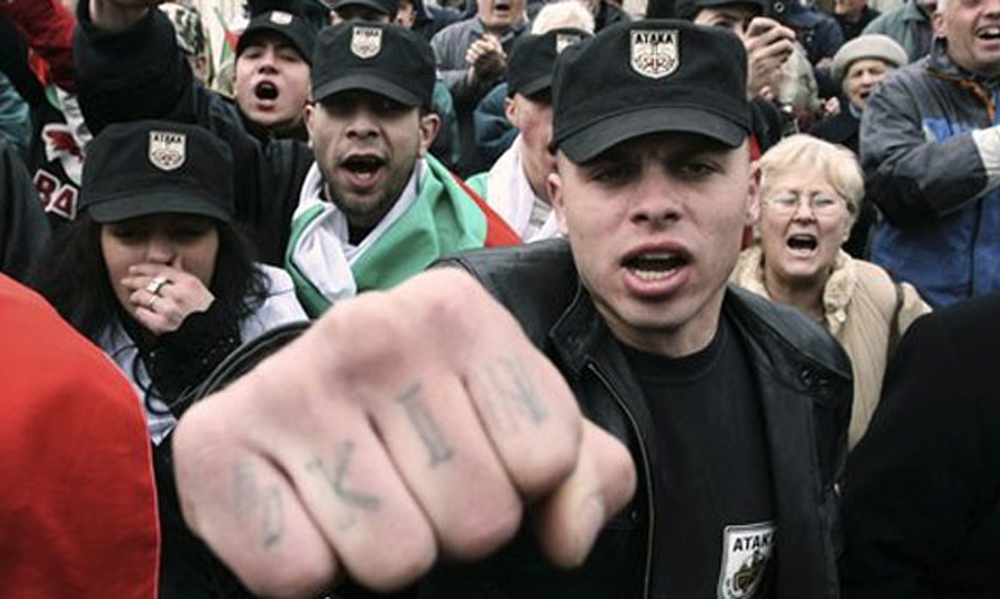

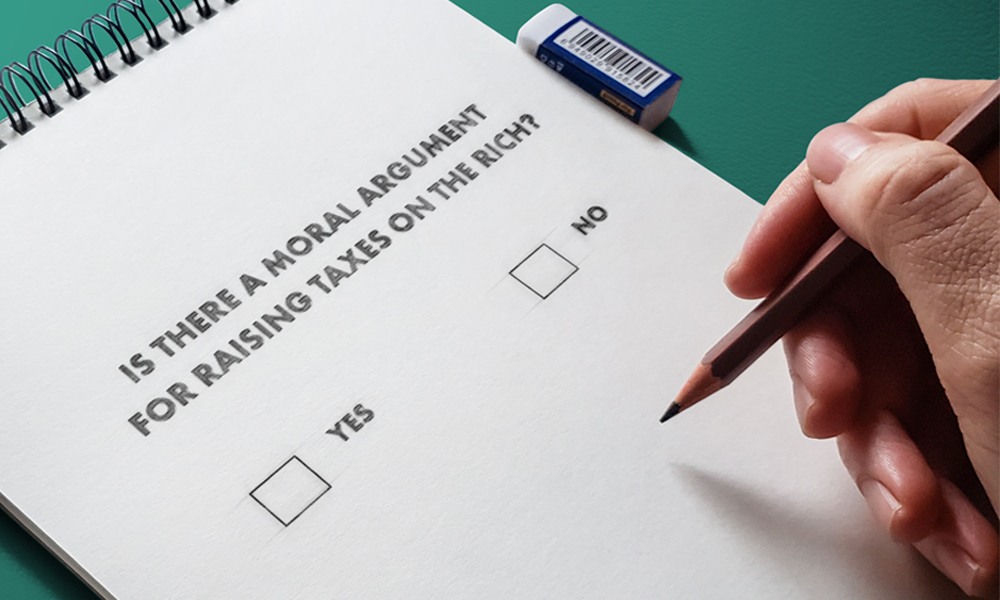
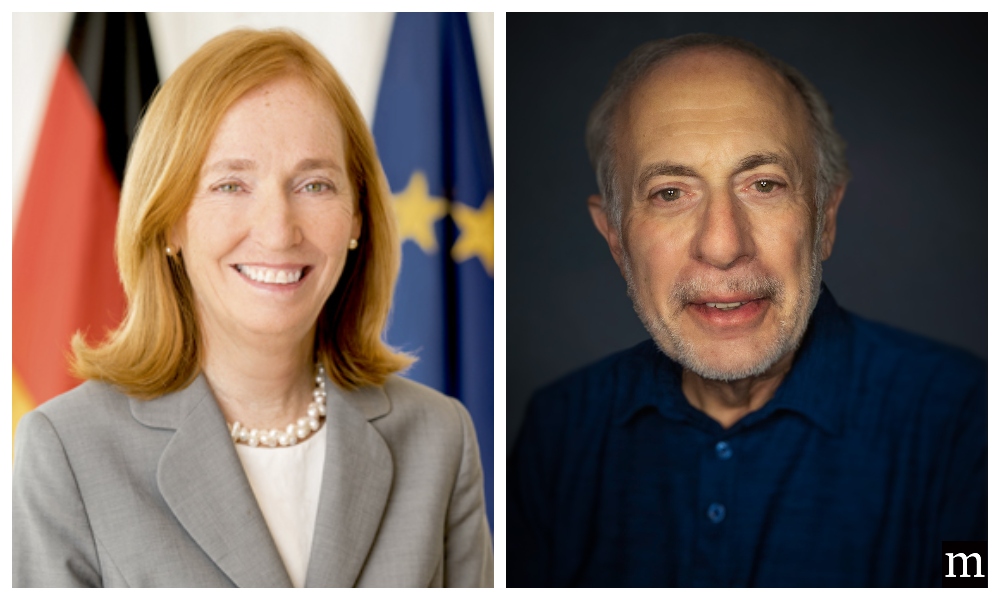

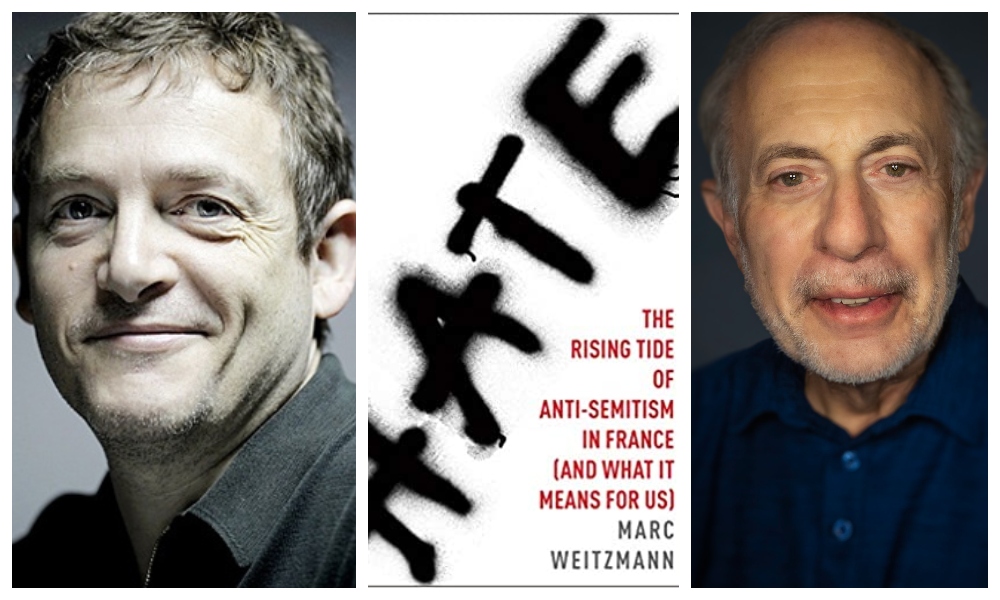





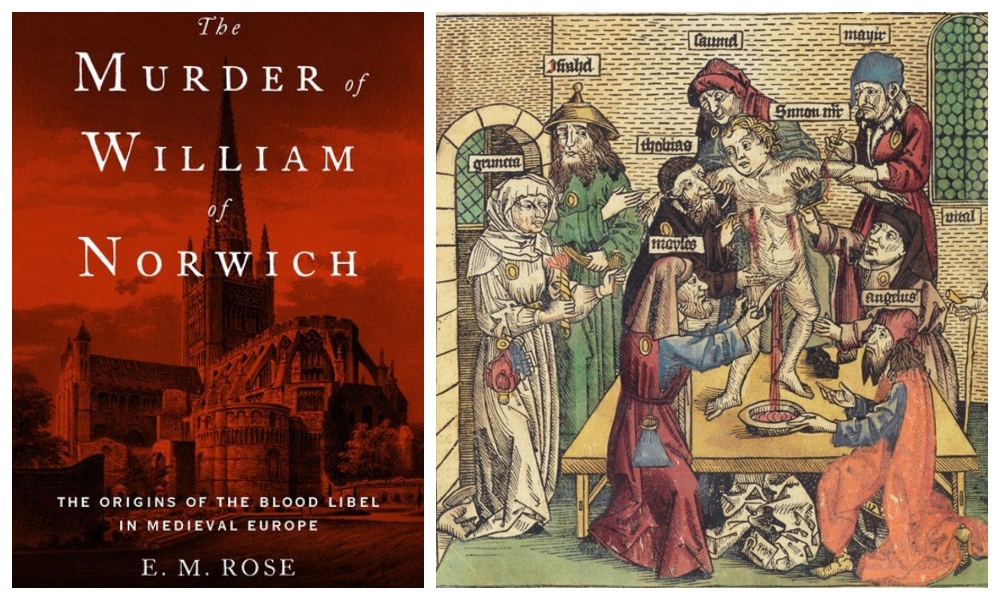

Since WHEN weren’t they anti semitic